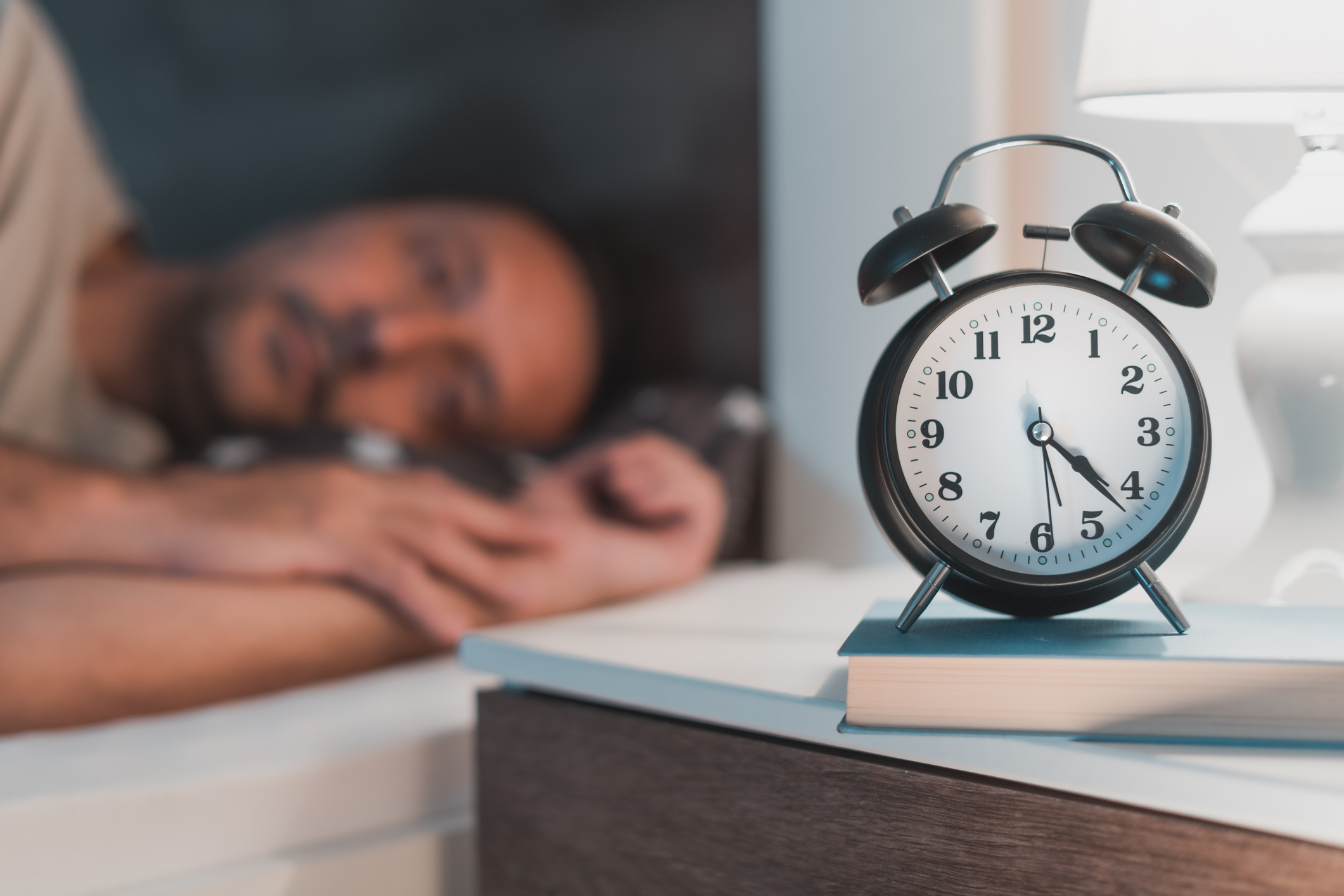

Chronic insomnia can be a very difficult condition to overcome, especially as you get older. Aging changes your body’s internal clock, causing shifts in the quality and duration of your sleep.
Unfortunately, there are times when persistent insomnia can’t be solved with good sleep hygiene, a cup of chamomile tea or a sleep meditation.
At those times, it may be tempting to reach for an over-the-counter (OTC) sleep medication or to ask your doctor for a prescription sleep aid. But you need to be aware of the potential risk these medications can pose to your brain…
The impact of sleep medications on cognition
Previous research has found a link between anticholinergic medicines and elevated dementia risk. This category of drugs includes nighttime cold remedies and certain OTC and prescription sleep medications.
Some studies have found that taking these medications can increase your risk of developing dementia by as much as 54 percent!
Then there’s benzodiazepines. This drug class includes medicines like Xanax and Halcion and is often prescribed to treat anxiety and insomnia.
Previous research analyzing the effects of “benzos” found using these drugs consistently led to impairments in memory and concentration. In older people, benzos can also cause physical and psychological dependence, drug tolerance and brain fog.
Now, another study has indicated that benzos are one of three categories of drugs that can increase the risk of dementia, along with certain antidepressants and next-generation sleep medications such as Ambien.
The Health, Aging and Body Composition study was led by the University of California San Francisco (UCSF). They followed about 3,000 older adults without dementia who lived outside of nursing homes for an average of nine years. The average age of these individuals was 74, and about 58 percent were white and 42 percent were Black.
Previous research has shown people who are Black have a higher chance of developing Alzheimer’s disease, the most common type of dementia, than people who are white. Black individuals also have different risk factors and disease manifestations than white individuals.
Roughly 20 percent of the participants developed dementia during the study and they made some interesting findings…
- According to the results, white participants who “often” or “almost always” took sleep medications had a 79 percent higher chance of developing dementia compared to those who “never” or “rarely” used these drugs.
- The use of sleep aids was markedly lower in Black participants, and frequent users had similar odds of developing dementia as those who abstained or rarely used the medicines.
- The type and quantity of medication may explain the higher risk, as well as the ethnicity of the person taking the medication.
- The UCSF research indicates that people who are white are three times as likely as people who are black to take sleep medications “often,” defined as 5 to 15 times a month, or “almost always,” defined as 16 times a month to daily.
- White individuals were almost twice as likely to use benzos like Halcion, Dalmane and Restoril, all of which are prescribed for chronic insomnia. They were 10 times as likely to take trazodone, an antidepressant that may also be prescribed as a sleep aid. And they were more than seven times as likely to take so-called “Z-drugs” such as Ambien, often referred to as a sedative-hypnotic.
What to do instead of medicating
After seeing these results, it would be wise to do as first author Yue Leng, Ph.D., of the UCSF Department of Psychiatry and Behavioral Sciences and Weill Institute for Neurosciences, advises — and that’s to hesitate before considering medication to fix your sleep problems.
First, you’ll want to rule out sleep apnea as a cause due to its association with cardiovascular complications. If you snore, wake up during the night gasping for air, wake up with a dry mouth or a headache, talk to your doctor about a sleep apnea test.
If that’s not your problem, you still have some non-drug options, including cognitive behavioral therapy (CBT) for insomnia. CBT for insomnia is a structured program that helps identify feelings or behaviors that contribute to poor sleep while introducing habits that promote restful sleep.
Of course, melatonin may be the most well-known natural sleep aid. It certainly has a great reputation for safely improving sleep and has other benefits to boot.
Melatonin is a hormone naturally produced by the body that helps regulate the circadian rhythm — or sleep-wake cycle. Exposure to electronic screens and light can cut down on its production.
If you’ve tried melatonin in the past and didn’t find it helpful, your vitamin D levels may have been to blame. The sunshine vitamin is essential to the natural production of melatonin in the body and people over 50 tend to have insufficient levels.
Sources:
Do Sleep Medications Increase Your Chances of Dementia? — University of California San Francisco
Race Differences in the Association Between Sleep Medication Use and Risk of Dementia — Journal of Alzheimer’s Disease

